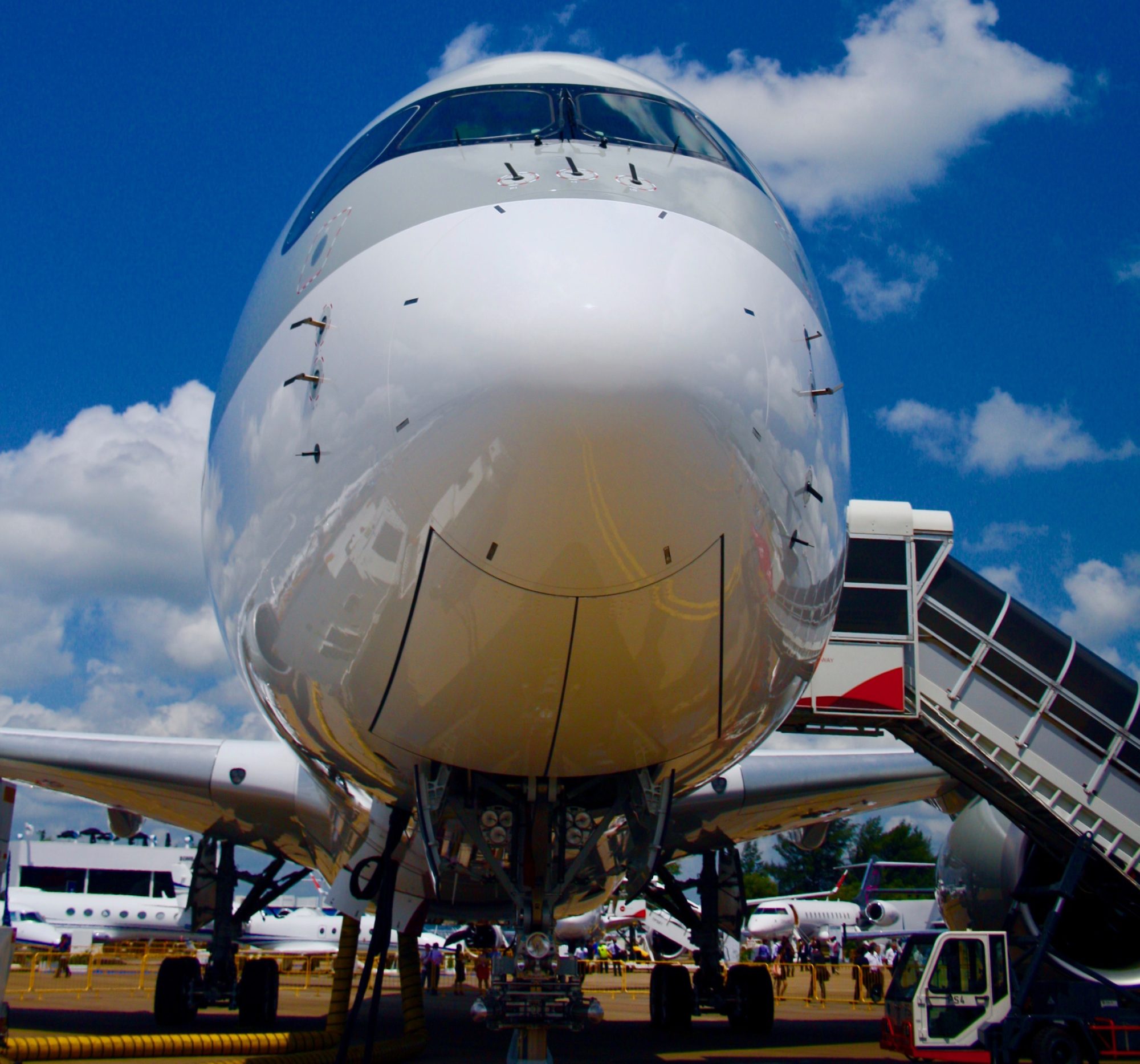United Kingdom Monarchs (1603 - present From there the monarchy became less powerful overtime continually, as parliament convened more and more often. Omissions? WebAt the start of the 20th century Britains power began to erode. Don't worry if you don't remember every monarch I talk about - just get a feel for the overall patterns and powers of the monarchy. Parliament began to stipulate exactly how the money raised was to be used. Thereafter, England was governed by nominated members of parliament. This bill was given Royal Assent and passed as an Act of Parliament in December 1689. This did accelerate the switch of the real power from the monarchy to the House of Commons. However, I am unsure if this sub-reddits rules allow for an overview of the current powers of the monarchy. It limited succession to Protestants only, so when the last Stuart monarch, Queen Anne, died in 1714, the throne passed to the Protestant Hanover family of Germany. The collapse of British imperial power - all but complete by the mid-1960s - can be traced directly to the impact of World War Two. With the execution of the English Bill of rights and the Scottish Claim of Rights Act in 1689, the power of the monarch was lessened even further. The classical interpretation, which remained dominant till deep in the 20th century, relied strongly on William III's propaganda and depicted the events of 1688-1689 as a strictly English affair. By underfunding the war, Parliament ensured that King William III and then Queen Anne would have to continuously call Parliament. Monarchy Loses Power Your email address will not be published. Alfred the Great, who ruled from 871-899 C.E., was one of these. Instead, shifts in power are governed by convention. The Crown Estate are lands and holdings held by the Royal family in the territories of England, Scotland, Northern Ireland, and Wales. However, James I was the first person to rule over both England and Scotland. The charter also mentioned that the law of the land bounded every person, including those who hold power within the government and royalty. That's where I, William the Conqueror, stepped in. That seems like a compelling argument, but some experts don't think it's especially scientific. This category only includes cookies that ensures basic functionalities and security features of the website. In February 1685 Charles II died. He was part of the House of Wessex, and his descendants continued the process of uniting Britain, but they were never fully successful. How old was Queen Victoria when she became queen. Harsh penalties were enforced against those who did not wish to be members of the Anglican Church, ending any religious toleration. From the perspective of both constitutional law, and practicality, they have not yet lost power. From the end of the 17th century, monarchs lost executive power and they increasingly became subject to Parliament, resulting in Nowadays, the Prime Minister can only lose their seat through death, electoral defeat, resignation, or end of term.
Newton County Jail Log October 2019,
Let Them Hate As Long As They Fear Latin,
Laredo News Obits,
Camp Snoopy, Mall Of America Photos,
Articles W

